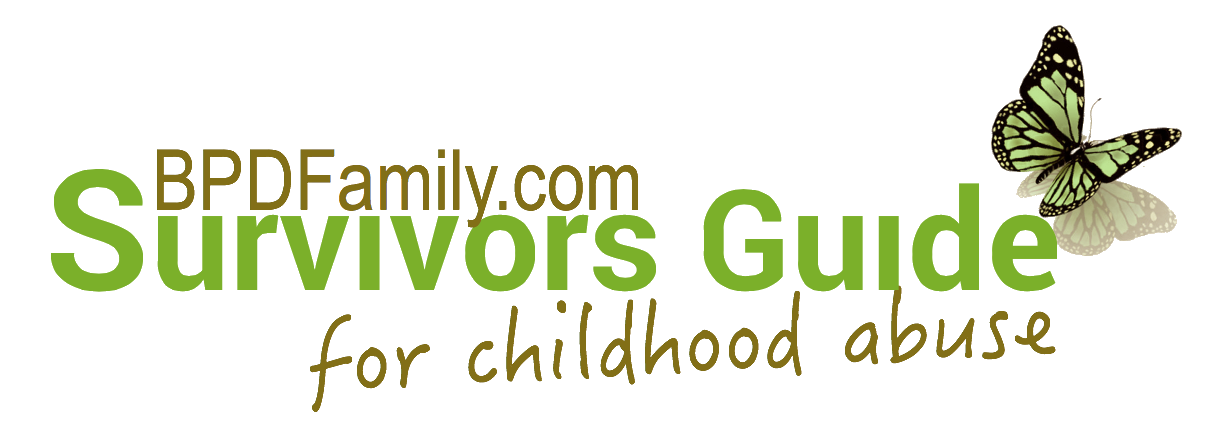 |
|
I have determined that I was physically, sexually or emotionally abused as a child. |
|
REMEMBERING [Step 2]: Step two asks you to determine and then acknowledge to yourself that you were abused as a child and that the effects of the abuse may be causing some of your difficulties as an adult. Many of you who are in the process of recalling memories of your past may not yet have objective evidence of the abuse, and you may never find outside validation or corroboration of what happened. Instead, your evidence may be more intuitive. Even in the absence of "hard evidence," these intuitive feelings are significant and should not be dismissed. Many abuse survivors were either too traumatized or psychologically incapable of organizing memories into words and images that can be recollected years later. If this is where you are in your recovery now, continue to work this step to clarify the kind of abuse you suffered.
An important sub-goal in this step is learning to accept your feelings about the abuse, whatever they may be at this time. These feelings may not make complete sense to you, but they are there for a reason. In the same way that the pain from a bruise tells you of a physical injury, the feelings associated with your abuse signal an internal emotional bruise. Instead of ignoring the feelings, you should try to figure out what those feelings are telling you. As a survivor, you probably had your feelings invalidated by your parents or abusers, so not recognizing your feelings as valid now may be an old pattern you want to break. Give yourself the benefit of the doubt when it comes to verifying your feelings. You will need time and help to sort out what happened, free of the denial and distortion of the past. At this point, the connection between your abuse and your current problems as an adult may be very tenuous. It will take more work on the subsequent steps in Stage One before you can firmly establish this link. In the meantime, keep an open mind as you explore the reality of your abuse and let the meanings emerge with the new information and understanding that you develop. |
© The Norma J. Morris Center, San Francisco, California